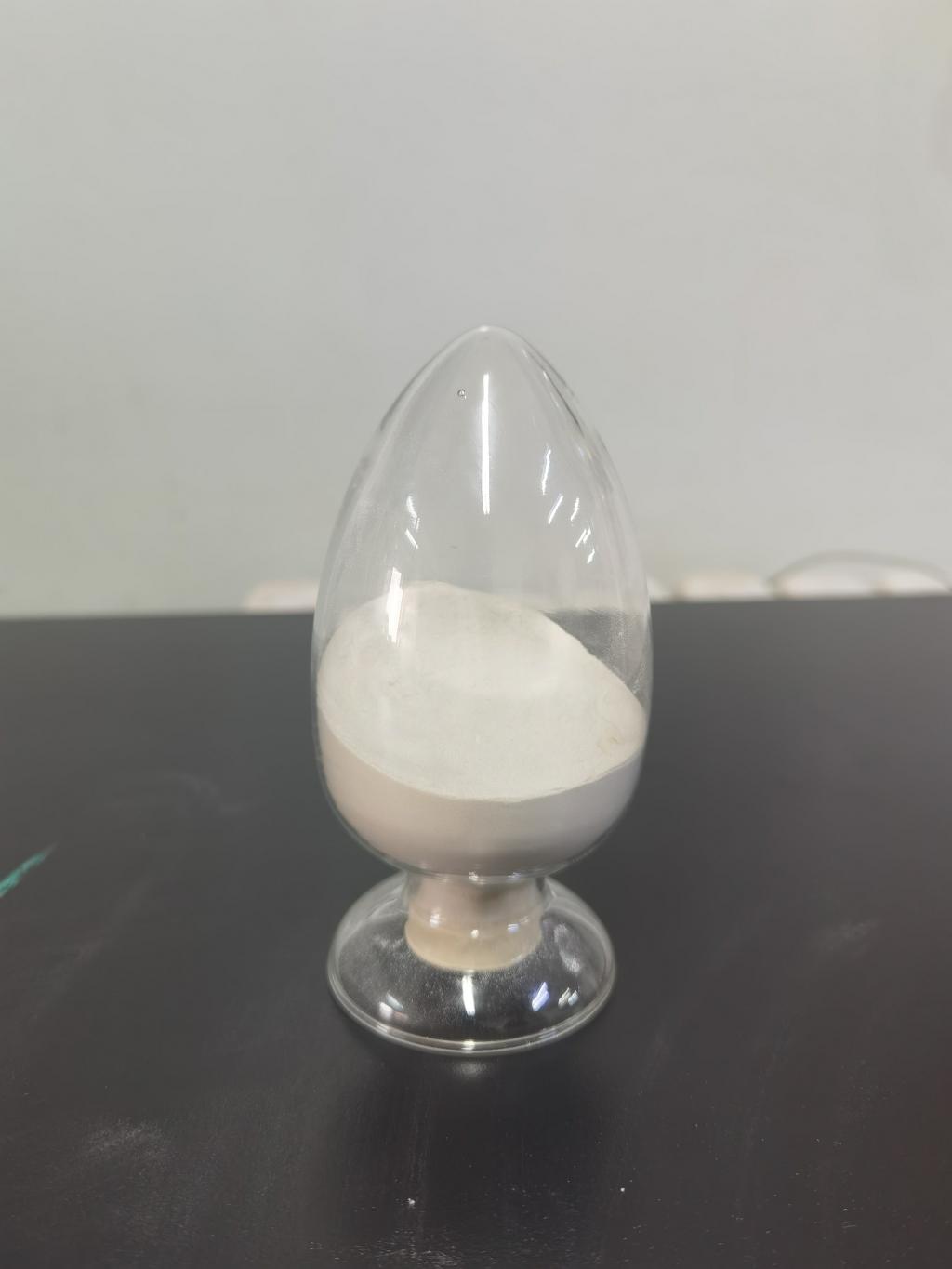Tel:+8618231198596

News
 CONTACT
CONTACT
 CONTACT
CONTACT
- Linkman:Linda Yao
- Tel: +8618231198596
- Email:linda.yao@dcpharma.cn
- Linkman:CHARLES.WANG
- Department:Overseas
- Tel: 0086 0311-85537378 0086 0311-85539701
News
Nisin's effectiveness against a wide range of bacteria.
TIME:2023-08-07
Nisin's Multifaceted Efficacy:
The widespread effectiveness of nisin underscores its remarkable versatility. It displays potent antibacterial activity against both Gram-positive and Gram-negative bacteria, positioning it as a valuable asset in combating diverse pathogens and preventing spoilage.
Nisin's Effectiveness Against Gram-Positive Bacteria:
A significant facet of nisin's prowess lies in its proficiency in tackling Gram-positive bacteria. This category encompasses notorious foodborne pathogens such as Listeria monocytogenes, Staphylococcus aureus, Clostridium botulinum, and Bacillus cereus. Nisin's mode of action disrupts bacterial cell membranes, leading to pore formation and the release of vital cellular components. Consequently, these pathogens are incapacitated, unable to proliferate and cause harm.
Nisin's Potential Against Gram-Negative Bacteria:
Although nisin's primary mode of action is optimally effective against Gram-positive bacteria due to differences in cell wall structure, recent research reveals its potential to inhibit select Gram-negative bacteria. Despite the barrier presented by the outer membrane of Gram-negative bacteria, studies demonstrate nisin's ability to permeabilize this membrane under specific conditions, resulting in leakage of essential components and eventual bacterial demise.
Mechanisms of Action:
Nisin's broad effectiveness can be attributed to its unique mechanisms of action. It primarily targets bacterial cell membranes, irrespective of the bacterial type, inducing disruptions in membrane integrity and essential cellular functions. This rapid and irreversible action renders the bacteria incapable of maintaining structural integrity and normal function.
Nisin's Interaction with Bacterial Membranes:
Nisin's amphiphilic nature, characterized by distinct hydrophobic and hydrophilic regions, drives its interaction with bacterial membranes. This allows nisin to insert itself into the lipid bilayer of the membrane, leading to pore formation and alterations in permeability. Consequently, ions and molecules leak from the cells, depriving them of essential nutrients and culminating in cell death.
Specific Bacterial Targets:
Nisin's remarkable effectiveness is not confined to a few bacterial strains; rather, it spans a wide spectrum of bacterial species with implications for food safety and public health.
Nisin's Role Against Listeria monocytogenes:
The inhibition of Listeria monocytogenes, a notorious pathogen causing severe listeriosis, underscores nisin's role in safeguarding food safety. Listeria's ability to thrive even in refrigeration temperatures highlights the significance of nisin's role in preventing its growth.
Nisin's Impact on Staphylococcus aureus:
Nisin's efficacy against Staphylococcus aureus, responsible for food poisoning through heat-stable enterotoxins, further accentuates its contributions to ensuring food safety.
Nisin's Implications for Clostridium botulinum:
The potential of nisin to combat Clostridium botulinum, producer of lethal neurotoxins causing botulism, underscores its importance in preventing the growth of this hazardous bacterium.
Nisin's Influence on Bacillus cereus:
Nisin's inhibition of Bacillus cereus, linked to foodborne illnesses from contaminated rice and dairy products, highlights its role in averting spoilage and ensuring consumer safety.
Implications for Food Safety and Public Health:
Nisin's versatile efficacy has profound implications for ensuring food safety and protecting public health on both local and global scales.
Enhanced Food Preservation:
The integration of nisin into various food products extends their shelf life by curbing the growth of spoilage organisms and pathogens. This not only reduces food wastage but also guarantees consumers access to safe and high-quality products.
Minimized Risk of Foodborne Illnesses:
By effectively targeting bacterial pathogens, nisin significantly reduces the risk of foodborne illnesses. Its incorporation into food processing and preservation strategies adds an extra layer of protection for consumers, especially in regions with limited food safety infrastructure.
Promotion of Sustainable Food Production:
Nisin's role in preventing spoilage and extending shelf life contributes to more sustainable food production practices. By reducing the need for excessive preservatives and additives, nisin aligns with the growing demand for minimally processed and natural food products.
Future Avenues and Challenges:
While nisin's broad efficacy against various bacteria is well-established, challenges and avenues for further research remain.
Addressing Gram-Negative Bacteria:
Further research is necessary to enhance nisin's efficacy against Gram-negative bacteria, particularly in permeabilizing their complex outer membranes. Developing strategies to optimize nisin's activity against these bacteria holds promise for expanding its applications.
Resistance Management:
Continuous nisin usage may lead to bacterial resistance. Ongoing research into resistance mechanisms and strategies to mitigate its development, such as combining nisin with other antimicrobial agents, is crucial.
Application in Diverse Food Matrices:
Nisin's efficacy can vary based on specific food matrices. Future research should focus on understanding how different food components and processing conditions influence nisin's performance and effectiveness.
Conclusion:
Nisin's exceptional efficacy against a wide range of bacteria underscores its versatility and potential in enhancing food safety and protecting public health. Its distinct mechanisms of action, capacity to target Gram-positive and select Gram-negative bacteria, and contributions to extended food preservation and sustainable production highlight its indispensable role in combating foodborne pathogens. As researchers continue to explore applications and address challenges, nisin stands as a promising tool for advancing food safety and ensuring consumer well-being.
- Tel:+8618231198596
- Whatsapp:18231198596
- Chat With Skype







